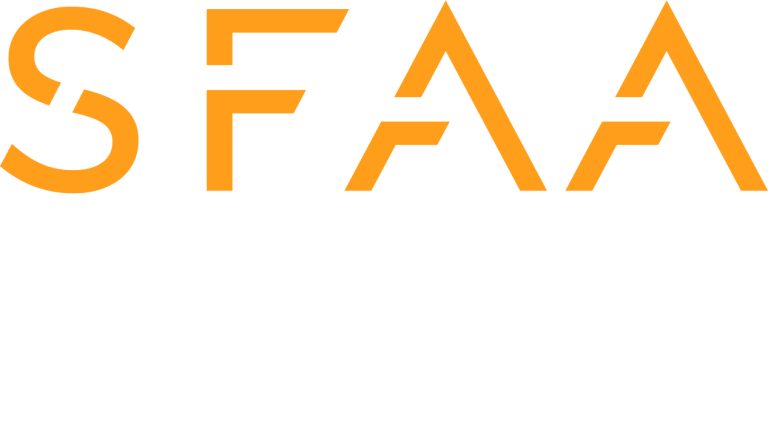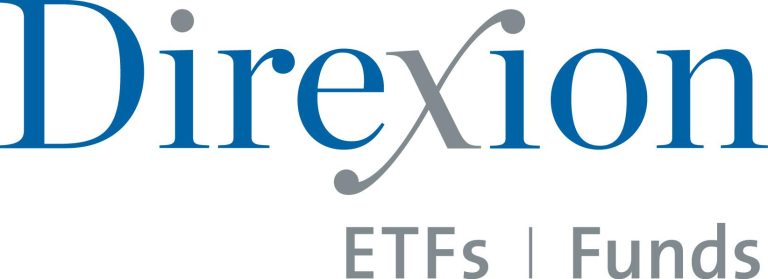
We adhere to strict standards of editorial integrity to help you make decisions with confidence. Some or all links contained within this article are paid links.
Buying a dream retirement home is a fantasy for many people, but the big question is — can it become a reality?
Not all older Americans have enough savings to buy a home outright in retirement, and even those who do might prefer not to lock their money into an illiquid asset. Fortunately, retirees have options beyond traditional mortgages.
Don’t miss
- I’m 49 years old and have nothing saved for retirement — what should I do? Don’t panic. Here are 6 of the easiest ways you can catch up (and fast)
- Robert Kiyosaki warns of a ‘Greater Depression’ coming to the US — with millions of Americans going poor. But he says these 2 ‘easy-money’ assets will bring in ‘great wealth’. How to get in now
- Gain potential quarterly income through this $1B private real estate fund — even if you’re not a millionaire. Here’s how to get started with as little as $10
For personalized strategies, hiring a financial advisor can help retirees explore tailored solutions for securing their financial future.
Alternatively, crowdfunding platforms offer opportunities to invest in real estate without large upfront costs, while private equity ventures provide access to diversified investments. If you’re living in Florida in your mid-60s and are hoping to invest in property, here’s what you need to know.
Should you buy a house as a retiree?
While you absolutely can take out a mortgage as a retiree, think carefully about whether you should.
In fact, it may be worth consulting with a financial advisor to make this big decision, and for investing strategy.
With Advisor.com, you can find the best advisor for your needs — both in terms of what they can offer your finances, and what they’ll charge to work for you.
Advisor.com is a free service that helps you find a financial advisor who can co-create a plan to reach your financial goals. By matching you with a curated list of the best options for you from their database of thousands, you get a pre-screened financial advisor you can trust.
You can then set up a free, no obligation consultation to see if they’re the right fit for you.
No discrimination on the basis of age
For retirees hoping to get a mortgage, there’s some good news. The Equal Credit Opportunity Act prevents lenders from discriminating based on age, so being 67 won’t affect your chances of getting a loan.
However, your debt-to-income (DTI) ratio and stable income are key factors. Most lenders prefer a DTI below 36%, though some may allow up to 43%. Additionally, your credit score and down payment matter. Also be ready to provide sufficient proof of your income – whether that’s from a combination of Social Security benefits, pension income, and investment income.
While some lenders accept as little as 3% down, aiming for 20% is recommended. This could help to keep your housing costs affordable, open up access to a broader choice of lenders and reduce the risk of ending up with negative equity in case you need to sell if something happens — such as your health taking a turn.
Read more: Want an extra $1,300,000 when you retire? Dave Ramsey says this 7-step plan ‘works every single time’ to kill debt, get rich in America — and that ‘anyone’ can do it
How you can invest in real estate and retirement all at once
Balancing real estate investments with retirement planning can be a smart way to build both wealth and security for the future.
So, if you want to get in on real estate value appreciation and passive income, there are several ways you can do so with minimal hassle and flexible entry points while avoiding a pricey mortgage.
Commercial real estate
Commercial real estate is an example of a reliable income stream for your retirement plans.
First National Realty Partners (FNRP) allows accredited individual investors to access grocery-anchored commercial real estate investments on properties with higher rents, longer lease terms, and professional tenants – for a minimum investment of $50,000.
FNRP has developed relationships with the nation’s largest essential-needs brands, including Kroger, Walmart and Whole Foods.
You can even invest through a Roth IRA — meaning, you could receive tax-free payments and distributions that won’t be added to your combined income calculation.
Crowdfunding
If you’ve ever wanted to invest in real estate without the headaches of owning physical property, platforms like Homeshares make it easier than ever.
Homeshares gives accredited investors access to the $36 trillion U.S. home equity market, which has historically been the exclusive playground of institutional investors.
With a minimum investment of $25,000, investors can gain direct exposure to hundreds of owner-occupied homes in top U.S. cities through their U.S. Home Equity Fund — without the headaches of buying, owning or managing property.
With risk-adjusted target returns ranging from 14% to 17%, this approach provides an effective, hands-off way to invest in owner-occupied residential properties across regional markets.
What to read next
- JPMorgan sees gold soaring to $6,000/ounce — use this 1 simple IRA trick to lock in those potential shiny gains (before it’s too late)
- This is how American car dealers use the ‘4-square method’ to make big profits off you — and how you can ensure you pay a fair price for all your vehicle costs
- Here are 5 ‘must have’ items that Americans (almost) always overpay for — and very quickly regret. How many are hurting you?
- How much cash do you plan to keep on hand after you retire? Here are 3 of the biggest reasons you’ll need a substantial stash of savings in retirement
Like what you read? Join 200,000+ readers and get the best of Moneywise straight to your inbox every week. Subscribe for free.
This article provides information only and should not be construed as advice. It is provided without warranty of any kind.


